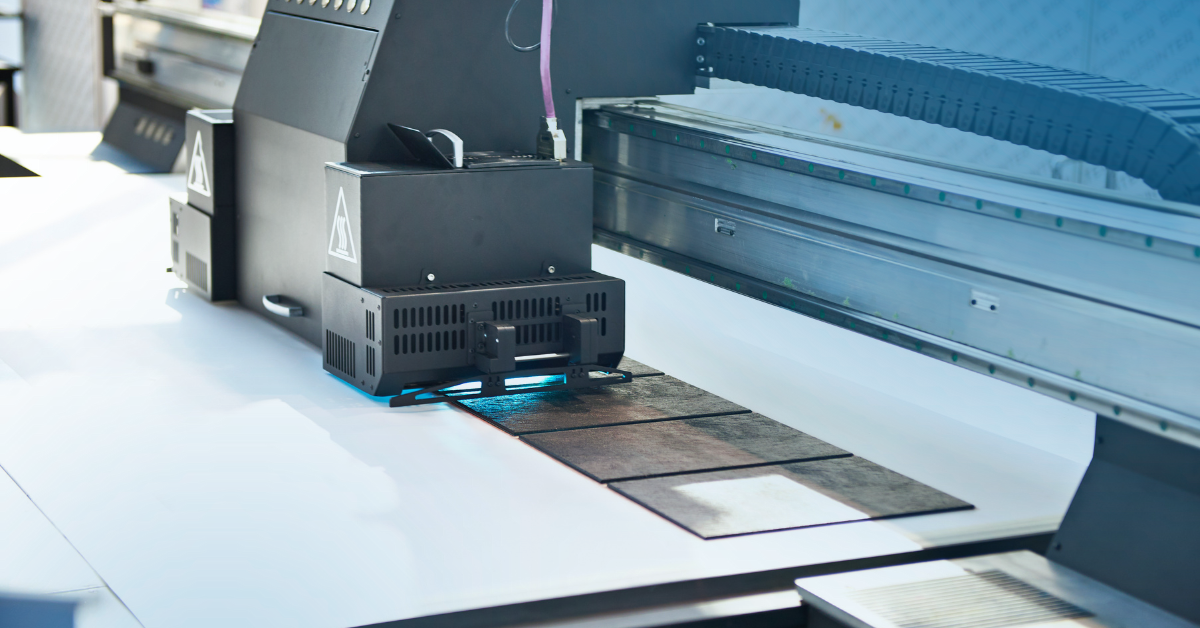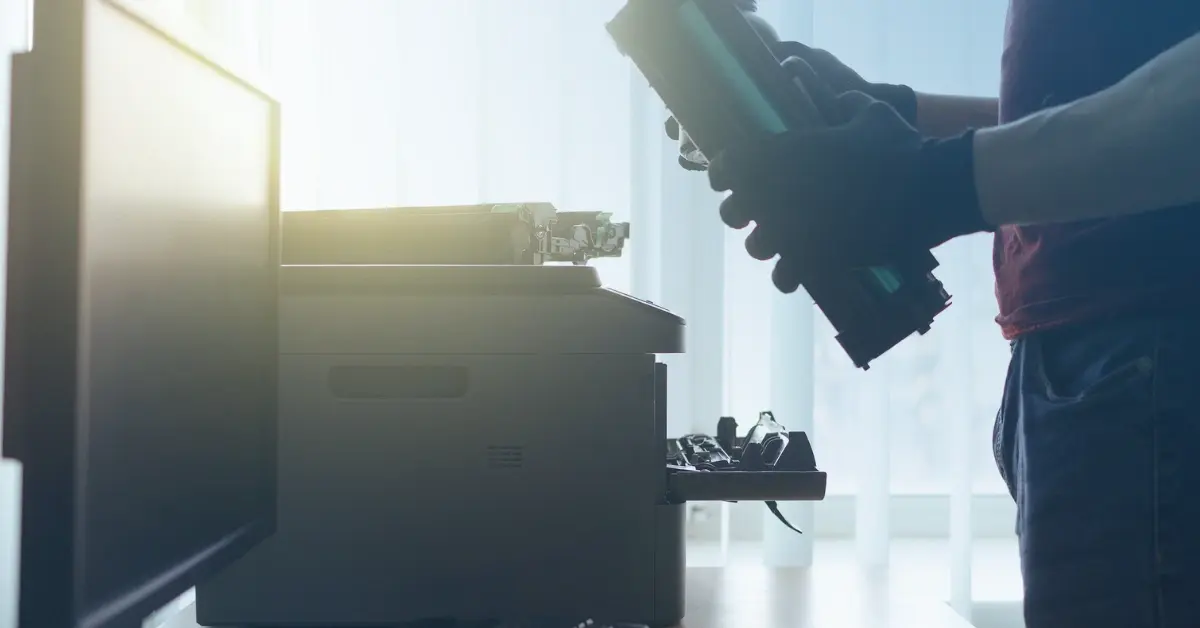Stop E-Waste: HP Planet Partners Leading the Way in Printer Recycling

Printers have a dark side. They often end up as electronic waste, or e-waste, contributing to significant environmental damage if not disposed of properly. In this article, we'll explore the environmental impact of printers and highlight HP Planet Partners, a program aimed at recycling printers and reducing e-waste.
Going paperless isn’t a new idea. Most companies would consider themselves “paperless,” but to totally transition to digital is easier said than done. It’s nearly impossible to purge printed documents, as they're still necessary to do business – documents such as checks, tax records, legal contracts, etc. As printed documents are still necessary, so are the very machines we use to print them, printers. But as the transition to paperless was driven by environmental safety, the impacts of printers aren’t usually viewed in the same way as paper.
The Problem of E-Waste
E-waste is a growing environmental concern. Electronic devices that have reached their end of life, like computers, TVs, cell phones, and yes, printers, contain various toxic materials like lead, mercury, and cadmium. When disposed of improperly, these hazardous components can blend with the soil and water, posing a serious threat to human health and the environment. Additionally, the manufacturing and disposal of printers contribute to carbon emissions, further exacerbating climate change.
E-waste is the fastest growing municipal waste stream in the world. According to the UN, up to 50 million metric tons are discarded globally each year. The US produces 9.4 million tons of e-waste each year. The unfortunate part is, that all e-waste is recyclable, but only 12.5% of it is.
Printers: The Most Dangerous Type of E-Waste
Printers stand out as a particularly harmful e-waste product because of the other components they contain. Printers need ink to function, and the ink and toner cartridges within them pose their own environmental risks. Over 375 million empty ink and toner cartridges are discarded annually, ending up in landfills where they can take up to 1000 years to decompose. For more info on the damage caused by ink and toner cartridges, read our blog post on improper recycling of ink and toner.
Without proper processes for printer recycling, e-waste associated with printers, ink and toner is only going to keep growing. Luckily, HP is putting steps in place to improve printer recycling.

HP Planet Partners: A Solution for Printer Recycling and E-Waste
HP, a global leader in the printing industry, has taken a proactive approach to address the environmental challenges associated with printers and e-waste. Their HP Planet Partners program is a shining example of corporate responsibility and sustainability, creating a printer recycling program that helps businesses and individuals cut down on the amount of toxic e-waste they contribute.
HP Planet Partners provides a convenient and environmentally responsible program for printer recycling. This program ensures that printers are properly disassembled, and their components are recycled or disposed of safely, preventing toxic materials from entering the environment.
The process has 4 simple steps:
- Collection: Equipment is collected and transported to HP approved and audited recycling facility.
- Sorting: Equipment is then sorted and hazardous materials are removed.
- Shredding: Sorted materials are shredded and/or dismantled into small fractions
- Separation: Materials are sorted into singular material streams to sell on the global market.
Through the Planet Partners program, HP are committed to helping their customers, partners, and themselves:
.jpg)
- Reducing Carbon Footprint: HP has committed to reducing its carbon footprint by 50% by 2030. Through the HP Planet Partners program, the company is taking strides to meet this goal by responsibly recycling printers and diverting them from landfills.
- Circular Economy: HP embraces the principles of a circular economy by recovering materials from used printers and incorporating them into new products. This approach reduces the need for new resources and minimizes waste.
- Convenience for Customers: HP makes it easy for customers to participate in the program by providing options to return printers for recycling at various locations, including retail stores, authorized service providers, and mail-back programs.
You can recycle your printers and stop E-waste with HP
Printers are an integral part of our modern lives, but they come with a significant environmental cost if not handled responsibly. The accumulation of e-waste and the associated environmental damage are real concerns. HP Planet Partners is leading the way in addressing these issues by offering a comprehensive and sustainable solution for printer recycling. By participating in this program, consumers can play a vital role in reducing e-waste and protecting the environment while supporting a more circular and sustainable economy. Together, we can turn printers from being a source of e-waste into eco-warriors for a greener future.
Related Posts

What is UV Printing? UV Curable Inks for Packaging
Ultraviolet, or UV printing is an advanced digital technology that cures specially designed inks using UV light. This process creates sleek, vibrant designs that dry instantly,..

Here's How to Beat Upcoming Postage Rate Increases
In 2024, a notable increase in postage costs became a reality. With postage increases expected to occur multiple times a year, it's important to be prepared for what's coming.

What is MICR Toner? A Guide for Check Printing
What is MICR? MICR stands for Magentic Ink Character Recognition, and it plays a critical role in check printing. If you're printing checks for your business, you should always be..



Leave a Reply